Interviews
Working tirelessly after the war (Japanese)
(Japanese) After the war, when I started working for the Allied Occupation forces, my English was just terrible. I completely forgot it all. But after interacting—after talking with everyone, like the American G.I.s—I picked it back up fairly quickly. This word, that word… Honestly, looking back, I should’ve been studying harder at that time, but I was just frantically trying to [know enough to] get by. So when I was interpreting in Yokohama, I just said blah-blah-blah and got through it, and even after I entered the U.S. Army, you know… Even my education in Japan, I graduated junior high but never attended college. Now after moving to the states, I didn’t have a chance to attend an American college either, since I started working right away after the war. So I kind of regret leaving my education halfway, unfinished. Then again, I was able to raise my kids, and all of them made it all the way to college, so I was very happy about that.
Date: June 17, 2008
Location: California, US
Interviewer: Yoko Nishimura
Contributed by: Watase Media Arts Center, Japanese American National Museum
Explore More Videos
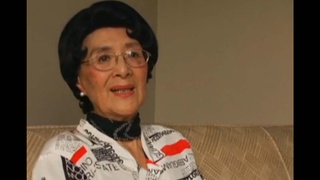
An Opportunity to Learn more Japanese (Japanese)
(b. 1929) President of Amano Museum
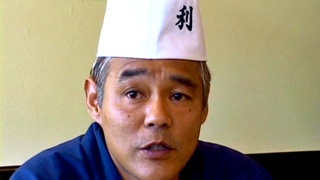
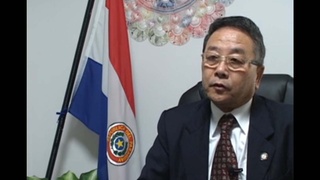
Carrying on the Legacy in the Colony of Paraguay (Japanese)
(b. 1943) Paraguayan Ambassador to Japan

Kindergarten in Davao, Philippines
(b. 1938) Philipines-born hikiagesha who later migrated to the United States.

The Power of Language: Japanese Identity Constructed in Santa Cruz, Bolivia (Spanish)
(1958-2014) Former Bolivian Ambassador to Japan
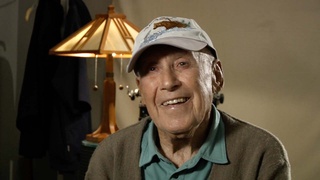
Learning Japanese with the MIS
(1916 - 2013) Member of the U.S. Military Intelligence Service
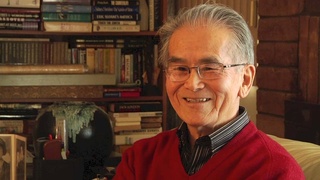

Grandfather raised in the hotel business
(b. 1952) Former banking executive, born in Hawaii

Respecting the will of a five-year-old daughter (Japanese)
(b. 1925) War bride
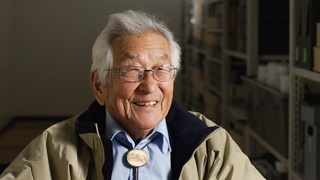
Getting a PhD under the G.I. Bill
(1919 - 2015) Nisei who served in World War II with the 442nd Regimental Combat Team

Requested assignment in Europe to avoid combat in the Korean War
(b. 1935) Sansei businessman.

Family’s Japanese roots and values
Sansei judge for the Superior Court of Los Angeles County in California
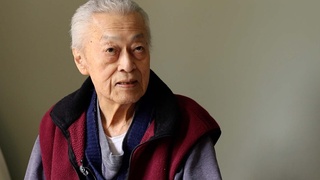
Facing housing discrimination in Rhode Island
(1934–2018) Japanese American designer, educator, and pioneer of media technologies

Adjustment to American life
(b. 1938) Japanese American. Hiroshima atomic bomb survivor

Immersed in Japanese culture and language
(b. 1936) Japanese Peruvian incarcerated in Crystal City
